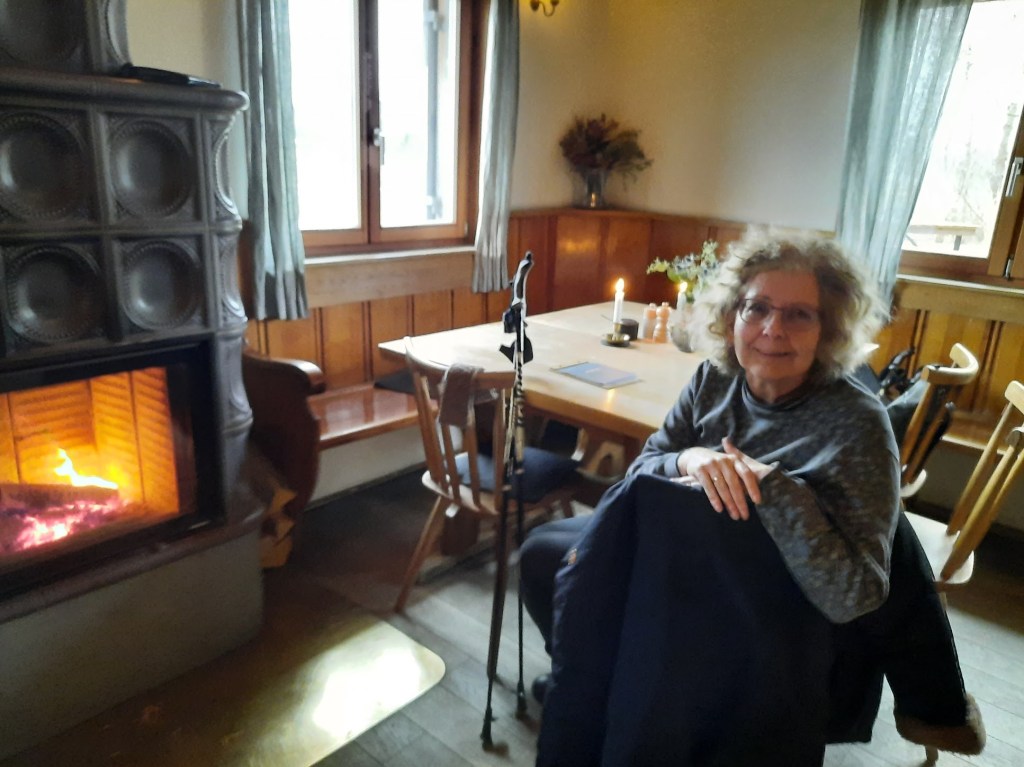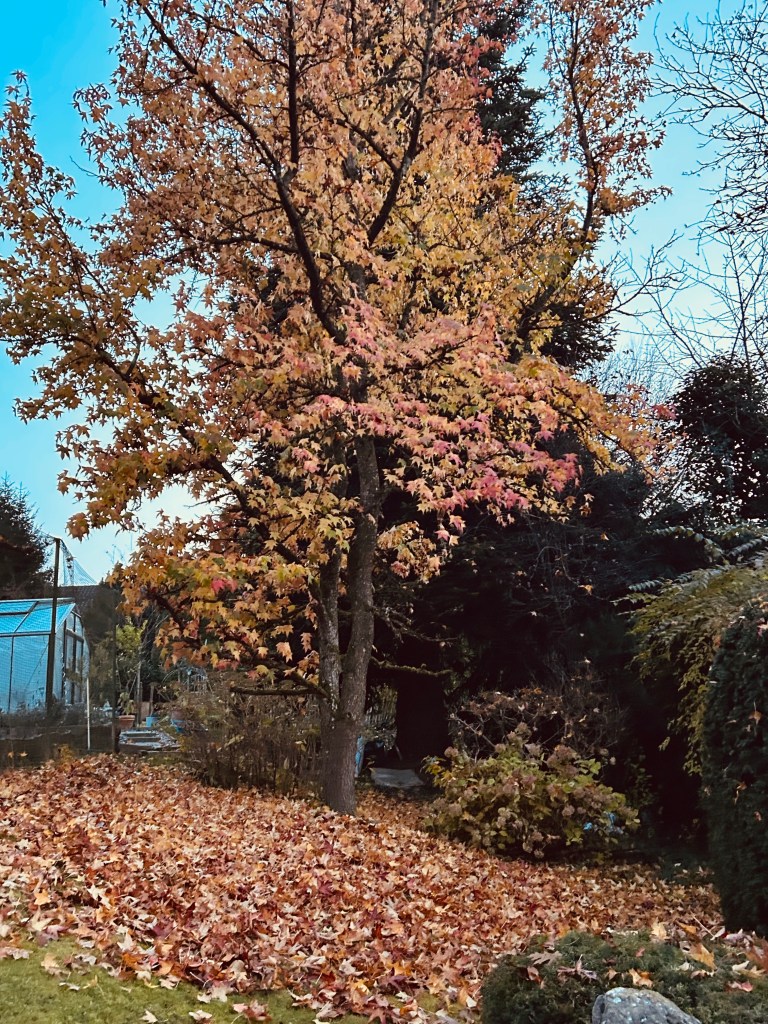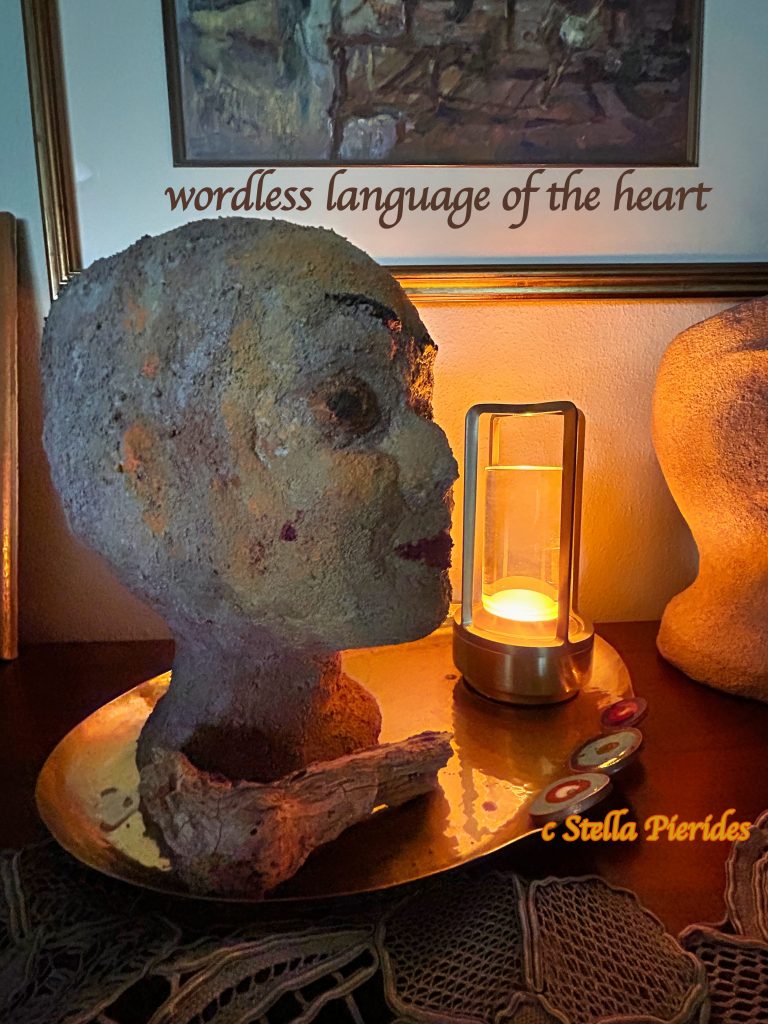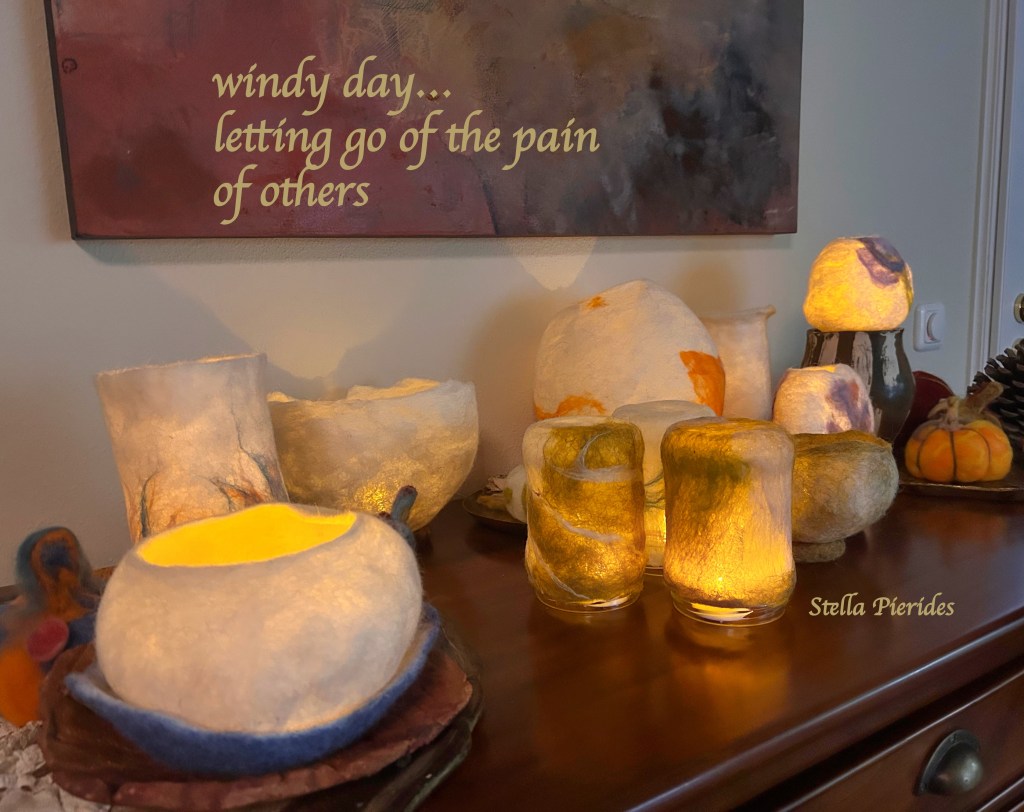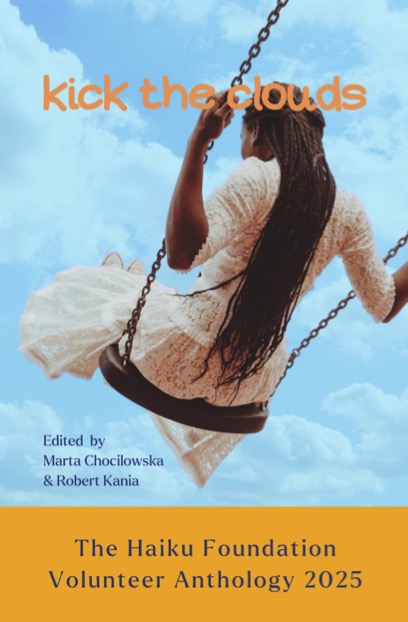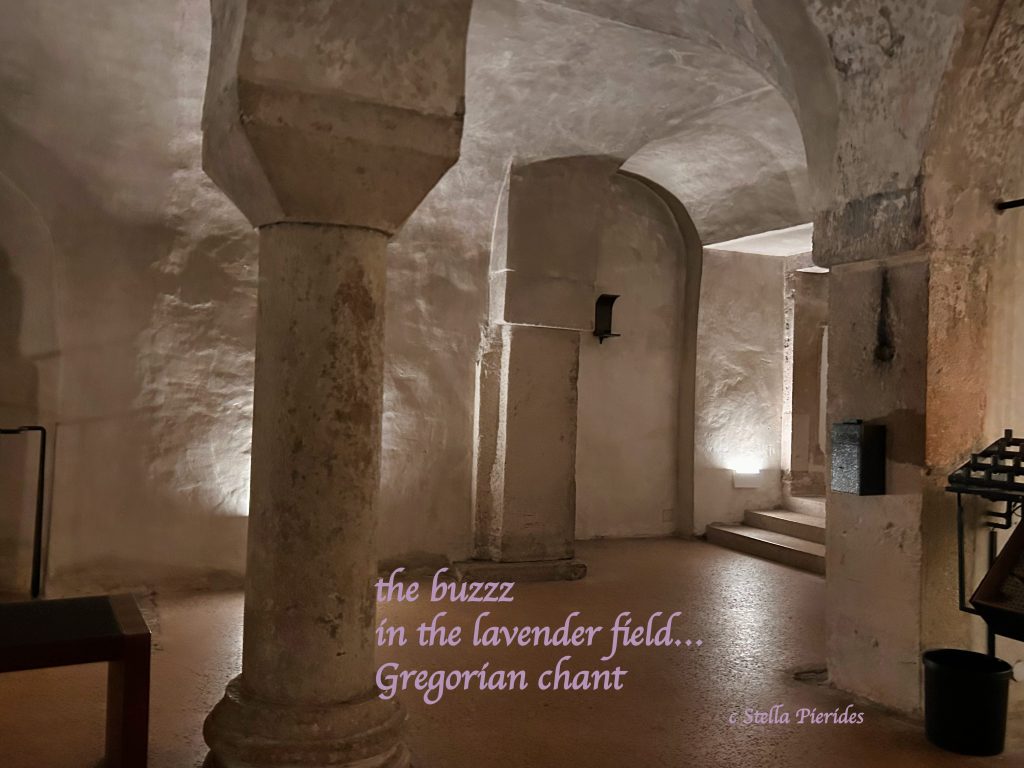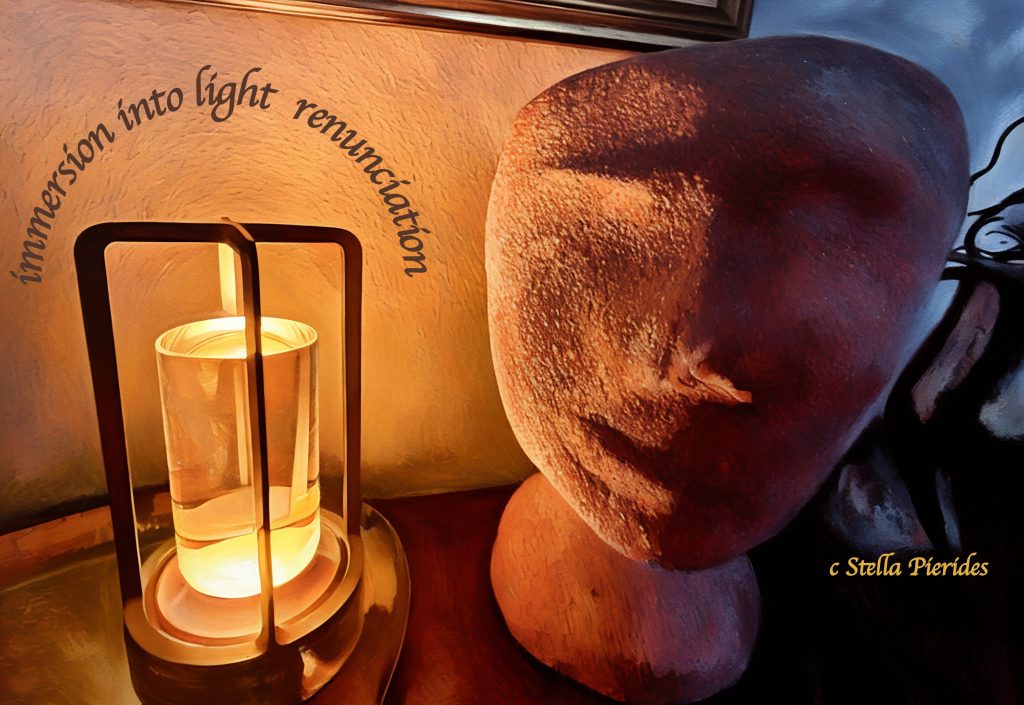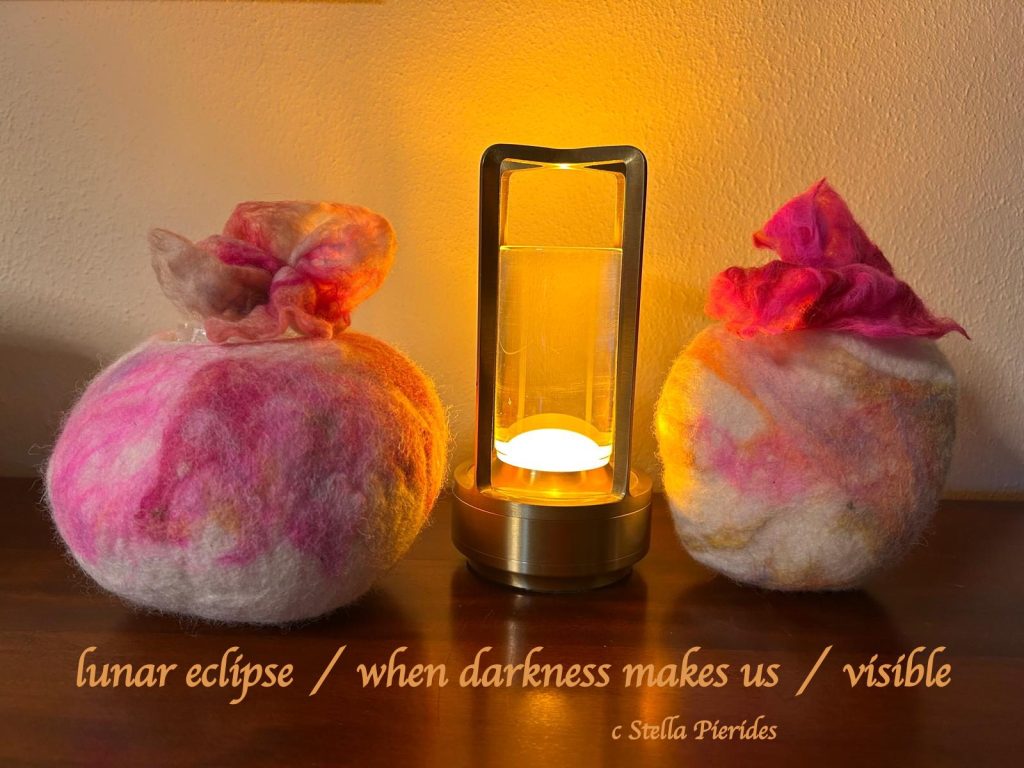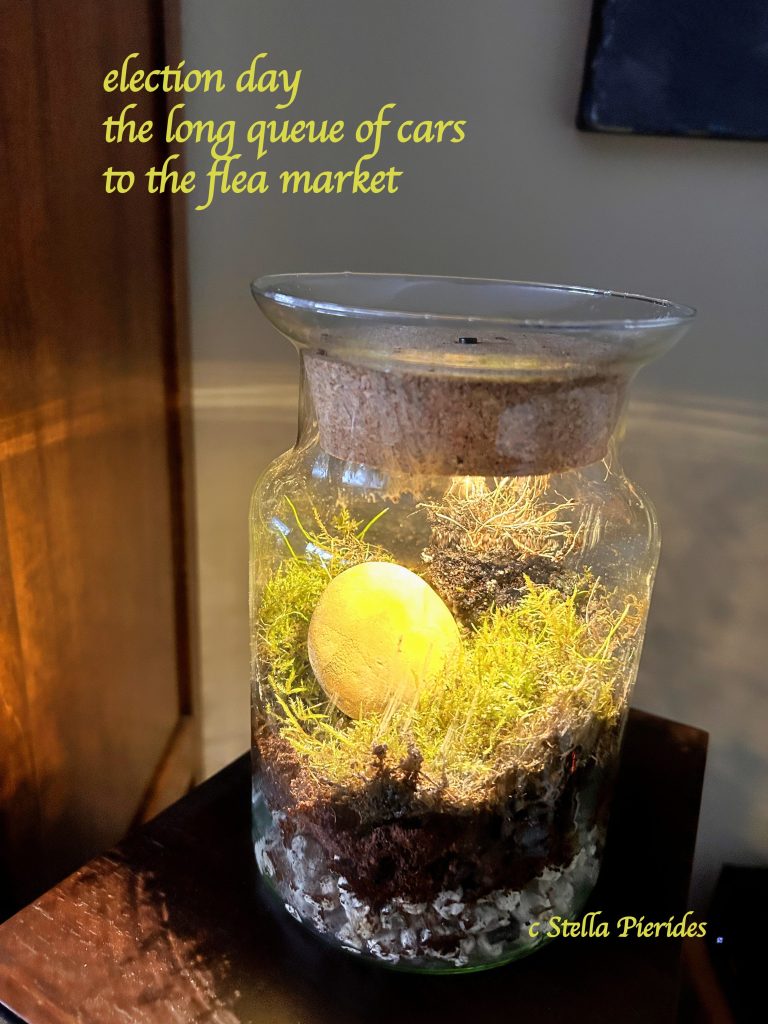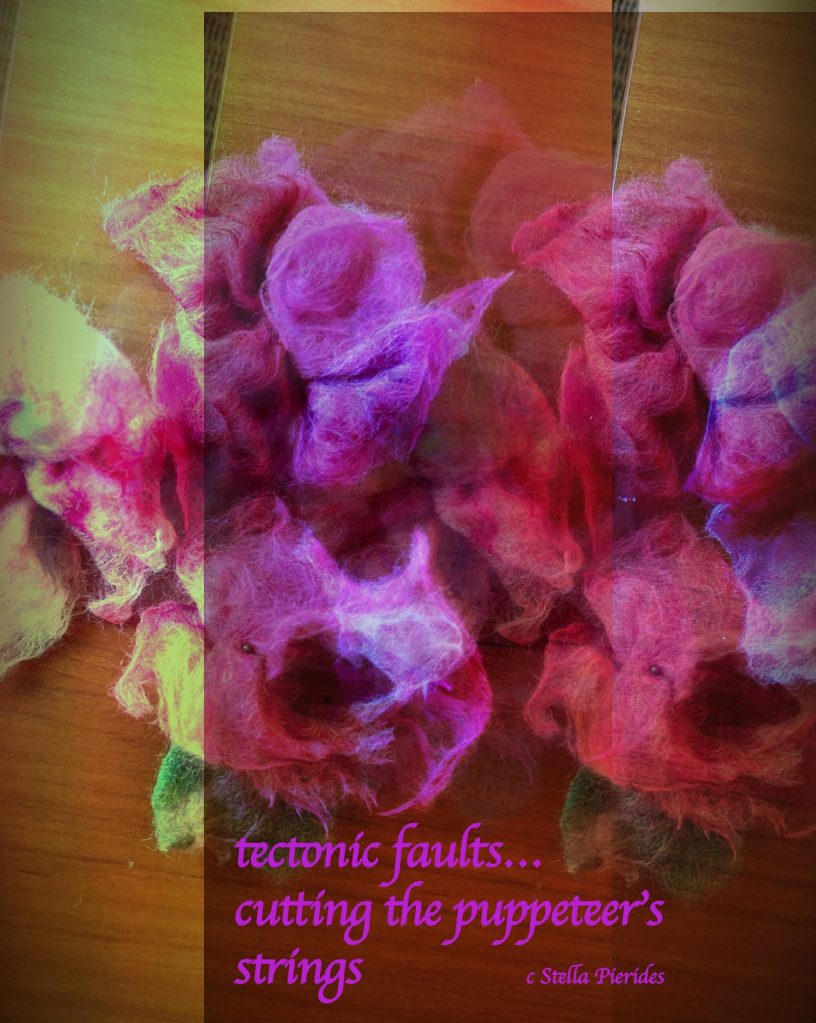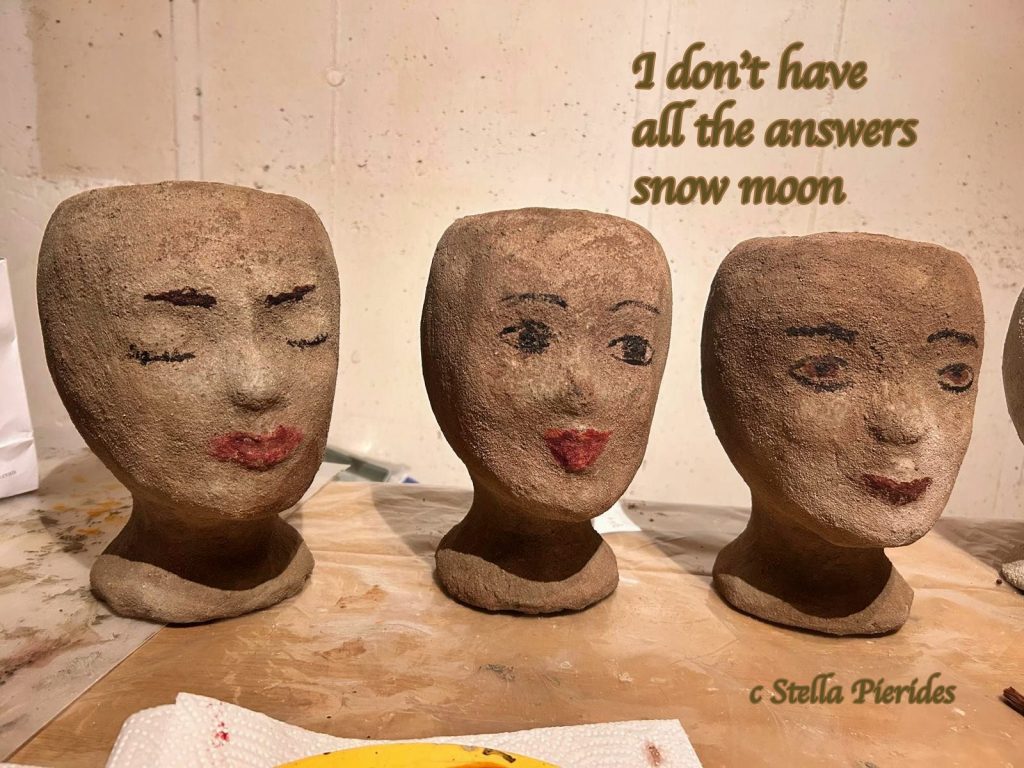Delighted to appear in issue 3 of Flying Fish Haiku Journal! Many thanks to Editor Richa Sharma for including this poem:
end
of the line…
adult bib
It connects to earlier work on the same theme. In 2022, reflecting on the problems faced by persons living with PD, I wrote about the qualities of haiku that recommended it as a tool in the Parkinson’s toolbox.
Briefly, I saw haiku as a container or vessel into which one could pour “all kinds of experience—the beauty of sunsets and cherry blossoms, the exhilaration of climbing personal ‘mountains,’ but also the depth of loneliness, the pangs of pain, the embarrassment of acid reflux—and transform them, in a few words, into a manageable, livable experience”.
The three ‘adult bib’ haiku are attempting exactly that. Failing facial and throat muscles result in spilling drinks, dropping food and dribbling, becoming a daily cause of distress. The adult bib becomes an essential helpful piece of clothing, making life easy for the carers, but at the same time infantilizing the person wearing it. What does this mean? Has the person with Parkinson’s reached the end of the line?
end
of the line…
adult bib
The extent of humiliation is plain to see:
birthday present…
his adult bib embroidered
with ducks
However, the situation may be saved:
birthday meal
his Chef's Apron
sparkling white
“birthday present” and “birthday meal” both in CHO 20.2, “First-person reflections on the art of writing haibun”,





